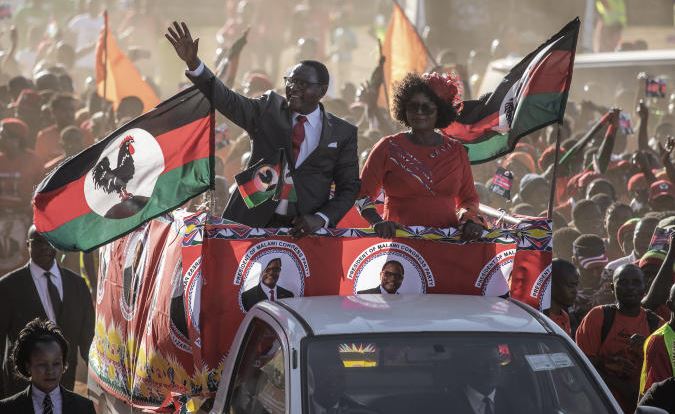×
The Standard e-Paper
Smart Minds Choose Us

The decision by NASA candidate Raila Odinga to boycott the 2017 repeat poll has come under a sharp spotlight following the victory of Malawi’s Lazarus Chakwera under similar circumstances.